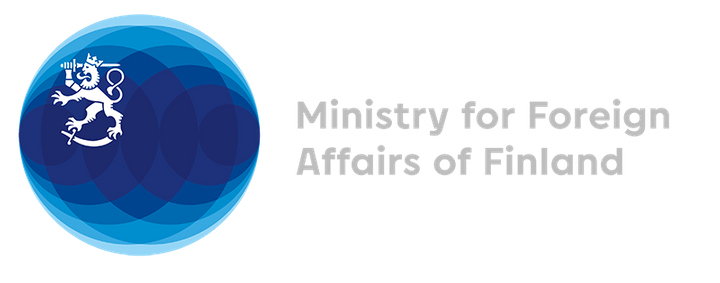Community / Land projects / F.a: Safeguarding Biocultural Rights of the Hunter Gatherer communities in Kenya
F.a: Safeguarding Biocultural Rights of the Hunter Gatherer communities in Kenya

€0
01/20 - 12/20
Completed
This project is part of
Implementing Organisations
Donors
Data Providers
General
Hunter-gatherer communities in Kenya have constantly and gradually continued to lose their habitat to logging and clearing for agriculture, and development of extractive industries and have been evicted in the name of conservation. In addition, indigenous lands have been taken over by outside communities on the basis of their own needs. For this project, these mentioned challenges face both the Ogiek of the Mau forest, the Yiakus of the Mukogodo forest and the Sengwers of the Embobut forest. These communiti es have joined forces and are working to advance the rights of hunter-gatherers locally, nationally and internationally. The proposed project seeks to restore the communities' land tenure rights and the protection of biodiversity through development of C ommunity Biocultural Protocols (BCPs). These protocols establish cultural structures, management systems and practices based on the communities' traditional knowledge, territories and natural resources, and assess the related challenges they face. Dialogue s will be organized with the government representatives to highlight the activities of the project and to seek recognition of the land tenure rights of the communities and to promote the protection of biodiversity also as a basis for the sustainable liveli hood of the communities. The aim is also to engage young people in restoration of lost biodiversity through tree planting. In the case of Yiaku and Sengwer, these are their first biocultural protocols, and in the case of Ogiek, this would be an update to the protocol from five years back in the light of changed context and new needs. Biocultural protocols will be produced in written form and printed for each community for use by them and other relevant stakeholders. The project is estimated to have abou t 10,000 direct beneficiaries (Ogieks, Sengwers and Yiakus), about half of whom are women. The legal holder of the project would be OPDP (Ogiek Peoples ?Development Program). Two other organizations acting on behalf of Kenya's hunter-gatherer communities are also central to this project: the Yiaku Laikipia Trust (YLT) and the Sengwer Indigenous People Program (SIPP). Information on their activities can be found e.g. from here: www.ogiekpeoples.org, https://www.yiakulaikipiaktrust.org/, https://www.cbd.in t/traditional/presentations/africa-sengwer-2016.pdf + https://www.survivalinternational.org/news/11911



